Audio available in app
Selfawareness improves accuracy in reading others from "summary" of How to Read Minds by James Palcyon
Understanding the nuances of human emotions and intentions starts with a deep dive into one’s psyche. When individuals cultivate self-awareness, they sharpen their ability to interpret the feelings and behaviors of those around them. This practice begins with recognizing one’s own emotions, thoughts, and biases. A clear perception of personal feelings allows for a more objective observation of others. As one becomes attuned to their internal state, it naturally filters into interactions. Emotions often color perceptions; thus, being aware of one’s emotional responses helps avoid misinterpretations. For instance, a person feeling anxious may misread another’s neutral expression as disinterest. By recognizing their anxiety, they can adjust their perception, fostering more accurate readings of others. Self-awareness enhances empathy. When individuals understand their own experiences, they become better equipped to resonate with the experiences of others. This connection creates a bridge that facilitates a genuine understanding of another’s perspective. It transforms the reading of social cues from mere observation to a shared emotional experience. Mindful reflection on past interactions also plays a critical role. By analyzing previous encounters, one can identify patterns in both their responses and those of others, refining their interpretative skills over time. This ongoing process cultivates a richer understanding of social dynamics.- The journey of introspection and awareness paves the way for more profound insights into human behavior. The interplay between self-awareness and interpersonal perception is a dynamic dance, where clarity of self invites clarity of others, leading to a more nuanced and accurate comprehension of the social world.
Similar Posts
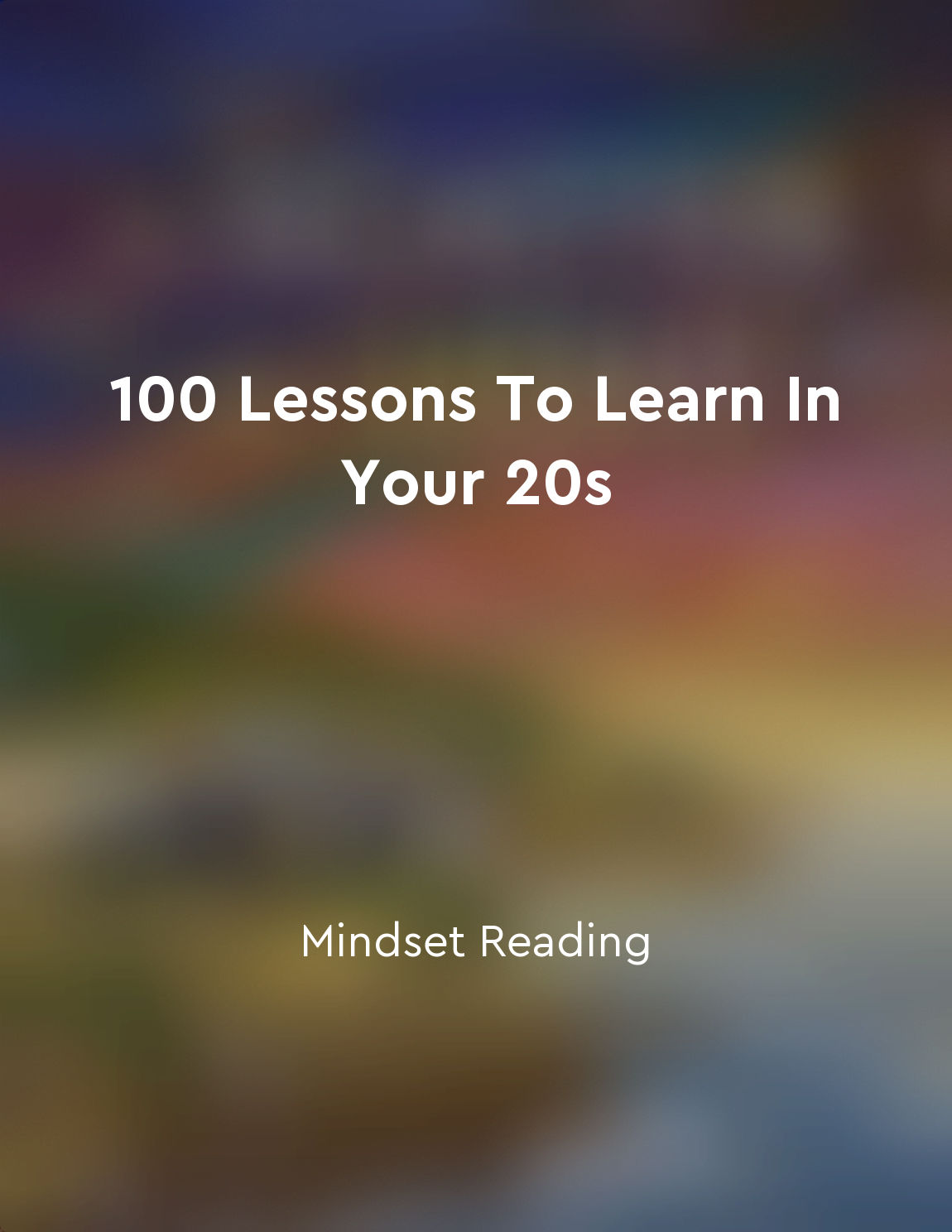
Stay true to your values
Staying true to your values is crucial as you navigate through your 20s. Your values are the core principles that define who yo...

Setting realistic goals helps avoid feeling overwhelmed
When we set realistic goals for ourselves, we are less likely to feel overwhelmed. This is because setting realistic goals allo...
Emotional resilience is important for academic success
The ability to bounce back from setbacks and challenges is crucial for students to thrive academically. Emotional resilience pl...
Collaborating with others fosters teamwork and mutual respect
Collaboration is a vital component of effective teamwork, as it allows individuals to combine their unique skills and insights ...
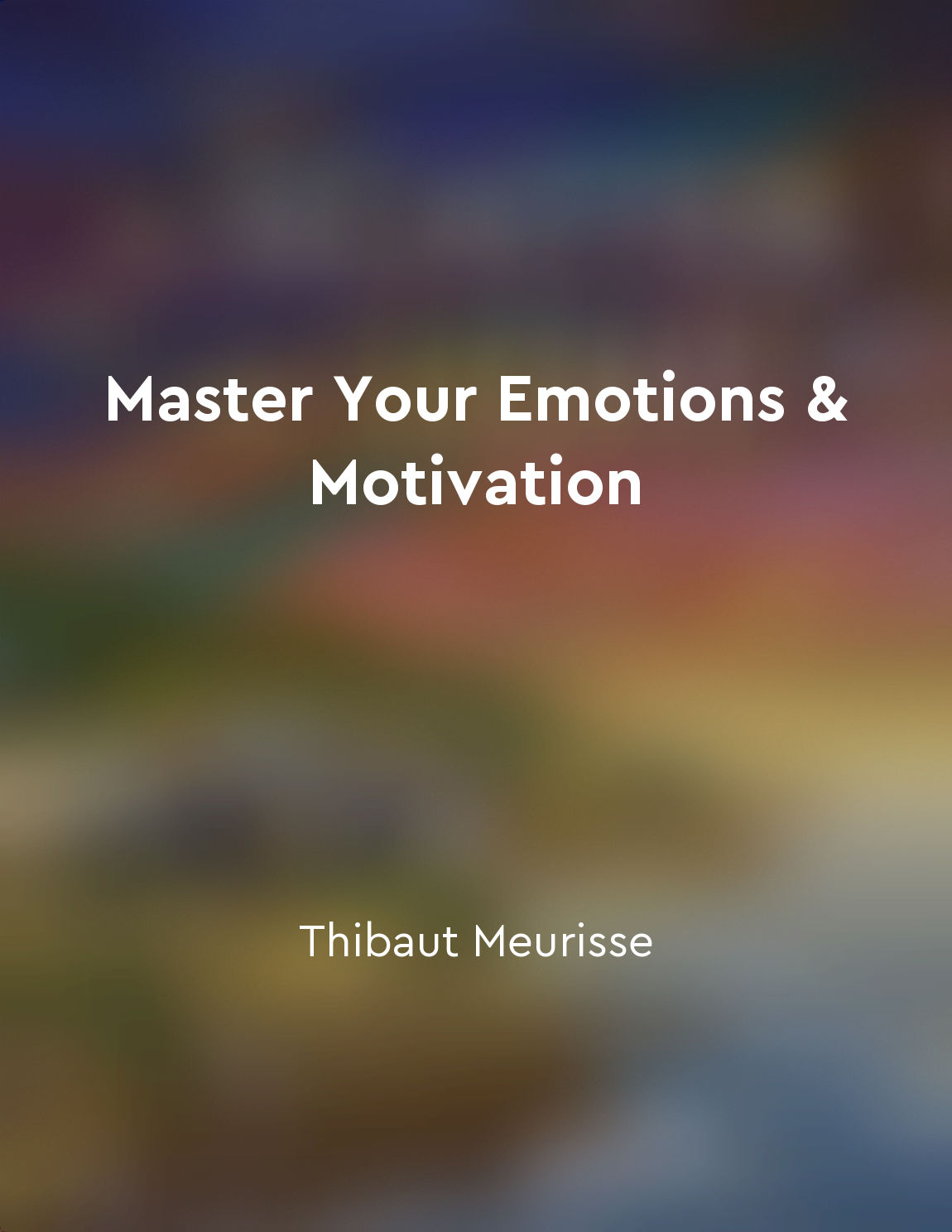
Trust in your abilities to overcome obstacles
Believing in your ability to conquer challenges is a fundamental aspect of achieving success. When you have faith in your skill...
Romanticism values the transformative power of emotion
The transformative power of emotion lies at the heart of Romanticism, a movement that emerged in the late 18th century as a rea...
Conversations are an art form that requires practice
Engaging in conversations is not as simple as it may seem. It is actually an art form that requires practice. Just like any oth...
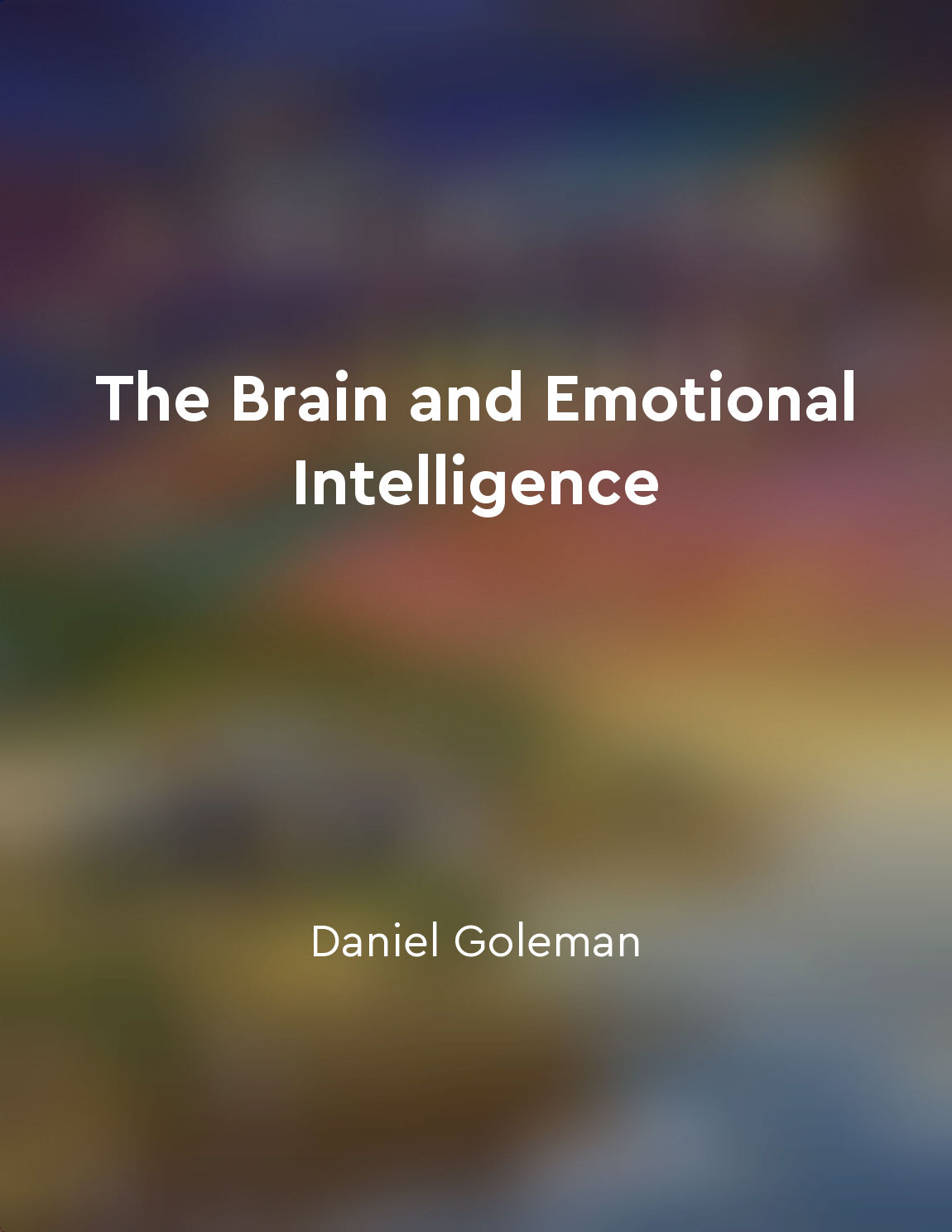
Developing emotional intelligence requires selfreflection and self-awareness
To develop emotional intelligence, one must engage in self-reflection and cultivate self-awareness. This process involves takin...
Reflecting on our own listening patterns can lead to growth
As we go about our daily lives, we rarely stop to think about how we listen to others. It's a skill that we often take for gran...
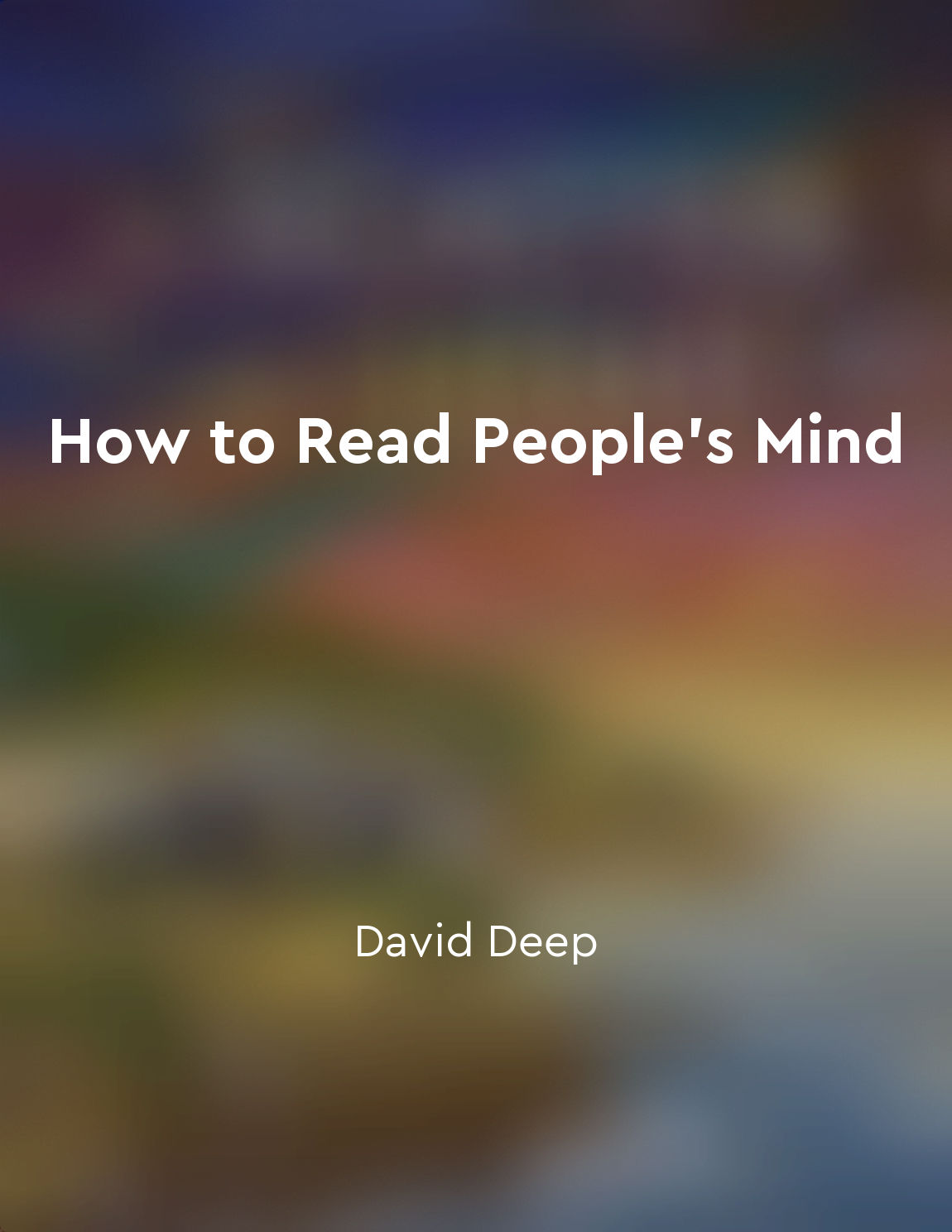
Pay attention to vocal tone and pitch for clues about a person's state of mind
When trying to understand what someone is thinking or feeling, it is essential to pay close attention to their vocal tone and p...


